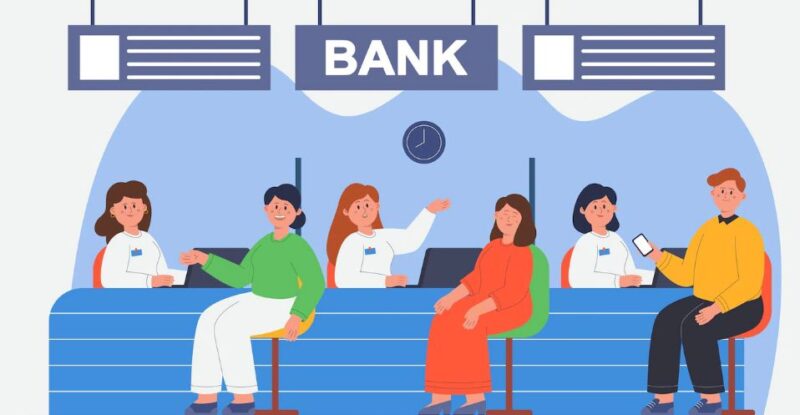It’s no secret that people seem to be more conscious of their finances.
By making constant financial optimizations, it is possible to make the most of the money that you have. One of the things that you might do is bank hopping to find the most profitable institution for your financial goals.
Once you have found a bank that suits you well, you probably don’t want to end up switching all the time. However, some banks might see this to be suspicious. Thus, it’s important to understand why you might suddenly be unable to access your accounts.
Read on and learn why do banks freeze accounts.
They Notice Some Suspicious Activity
Banks freeze accounts when they notice some suspicious activity to prevent a potential fraud or money laundering situation. If a bank notices a large, sudden transfer into an account or multiple incoming payments that would normally signal some kind of financial crime.
They can freeze the account as a preventative measure. This ensures that they do not release stolen money or facilitate any illegal activities.
In addition, freezing an account or blocking certain transactions will help the bank protect its customers who have put their trust in them. Clients look up to banks when it comes to their financial security.
The Authorities Notice Some Unexplained Wealth
Banks will often freeze an account if the authorities notice any unexplained wealth. This may be a sign of criminal activity, suspicious transactions, or money laundering. By freezing the accounts, the bank protects its reputation and their financial interests
They eliminate the risk of funds being diverted and prevent any illegal activities. Unexplained wealth may be sourced from illegal activities such as:
- drug dealing
- embezzlement
- tax evasion
- other financial-related crimes
Freezing the account prevents the offender from accessing funds. Consequently, banks will take any steps deemed necessary when they notice unexplained wealth and may freeze accounts without hesitation.
Your Creditors Reports Unpaid Debts
Banks may freeze accounts if creditors report an unpaid debt. This is done to protect the bank from any potential losses in the event the borrower fails to pay back the debt. The bank may also believe that the borrower is experiencing financial distress and is unable to pay back the debt.
The bank will inform the borrower of the freeze and explain why it took place. The bank may also advise the borrower to contact the creditors and arrange payment arrangements or make a payment plan. If the debt isn’t taken care of promptly, the bank may take further action such as:
- increasing interest rate
- changing payment schedule
- closing the account
Other than a freeze, banks may also reduce the credit limit or close the account altogether if the creditors continue to report unpaid debts.
You Have Unpaid Government Obligations
Banks freeze accounts with unpaid government obligations to ensure that the government is being reimbursed for any outstanding balances. If a person owes the government money, the bank may freeze their account until the debt is paid.
This is to prevent individuals from moving money into another account to avoid reimbursement. To learn further, you may read about bank account opening guidelines from this article.
So, Why Do Banks Freeze Accounts?
If you have been wondering, why do banks freeze accounts? Then we hope we’ve given you the answers here. Banks freezing accounts is a necessary step to protect customers from fraud and other financial crimes. Ultimately, staying informed is the key to financial success.
For more reads aside from this bank account guide, visit our blog.










